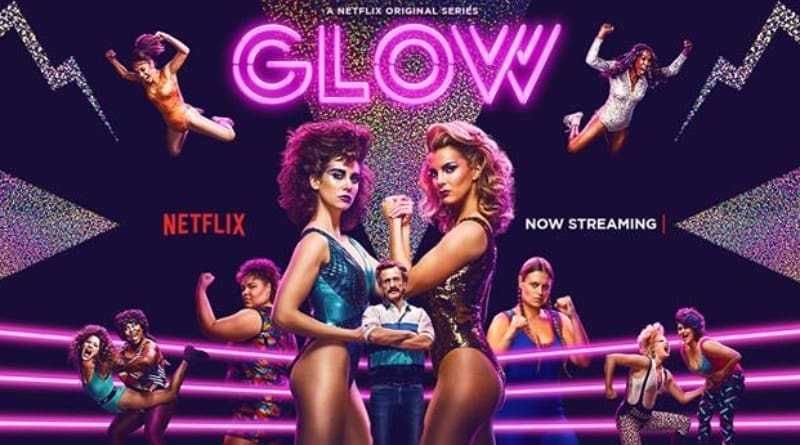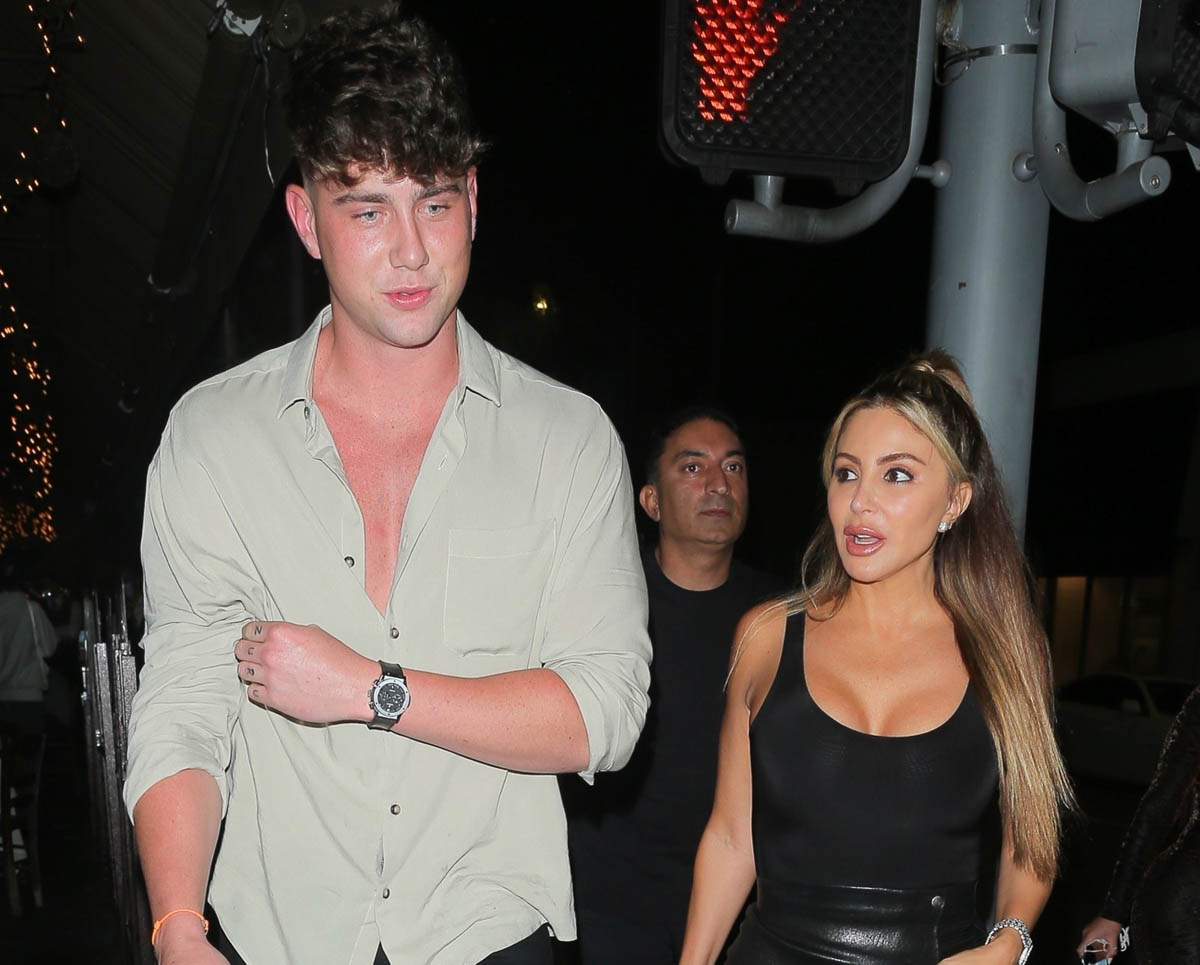RIP GLOW



One of my favorite shows on Netflix is GLOW, the 1980s-set dramedy about an all-women pro-wrestling show starring Alison Brie, Betty Gilpin, and Marc Maron. GLOW was strong right out of the gate, and it got better through each successive season. But by the time season three rolled out last year, I was worried Netflix’s infernal algorithms would be the end of the show, since Netflix loves to cancel things after three seasons. But there was a back-handed reprieve, as Netflix renewed GLOW for a fourth and final season. Well, no more, as the pandemic has claimed another entertainment victim. Despite the previous renewal, GLOW has been cancelled for pandemic-related reasons, the latest in a string of such cancellations.
The death spiral of the film industry is getting most of the headlines, but television has been feeling a COVID crunch, too. Kayleigh Donaldson and I devoted our latest podcast episode to the topic, there have been so many shows—many of them previously renewed—cancelled due to COVID. Besides GLOW, series cancelled due to COVID include Stumptown, Drunk History, Amazon’s splashy Javier Bardem drama series Cortes y Moctezuma, I’m Sorry, On Becoming a God in Central Florida—which was just cancelled yesterday—and Netflix has also cancelled The Society and I Am Not Okay With This. It might take a while, because television has generally weathered the pandemic storm better than film, but eventually we’re going to feel the loss of so many good shows.
One person who is keenly feeling the loss of GLOW is its star, Betty Gilpin. Alison Brie came into the show a known entity, but Gilpin was something of a revelation. She had been on other shows before, most notably Nurse Jackie and Masters of Sex, but in GLOW Gilpin had a character crafted to her strengths and she broke out of the large ensemble cast with her portrayal of divorced housewife and disappointed actress Debbie Eagan. One thing we learned about Gilpin during her GLOW success is that she is not only a great actress but also has a way with words, penning funny and introspective personal essays for various publications. So it is Gilpin who eulogizes GLOW, calling the show “the best job I’ll ever have”. She shouts out series co-creators Liz Flahive and Carly Mensch, late director Lynn Shelton, and executive producer Jenji Kohan, who helped turn Netflix into a juggernaut with one of its first hits, Orange is the New Black.
There are also plenty of palaverous turns of phrase, such as describing 2020 as a “fecal hurricane” (Stefon accurate.gif), 1980s eye shadow as “Monet-on-meth”, and 1980s big hair as “hair pastries”. Betty Gilpin writes like Moira Rose speaks. I know we will see Betty Gilpin again—she stars in the Chris Pratt action flick The Tomorrow War, due…sometime—and if the goddess smiles upon us, someone will give Gilpin a book deal already. But for now, and always, we have GLOW, a show with as much style and verve as anything on TV, that could be devastating and hilarious in the same moment, and that gave of us one of the most honest, complex female friendships on television, maybe ever. If you need a break from the “fecal hurricane”, escape into GLOW with its big hair and neon clothes and electric heartbreak and cocaine robot and hilarious ensemble and Marc Maron’s best hang-dog face and Alison Brie and Betty Gilpin, obviously enjoying the hell out of each other and these characters. GLOW is dead. Long live GLOW.
